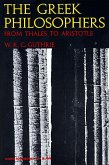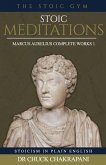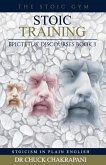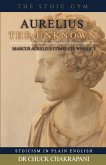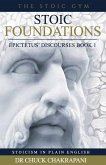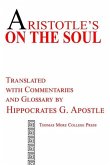Alvin Plantinga, in Warrant: The Current Debate, notes that there is a long history in Anglo-American epistemology that traces back to the classical internalist views of Rene Descartes and John Locke. Internalism is the view that an individual has special access to that quantity or quality that makes true belief into knowledge. This internalism, according to Plantinga, is motivated by deontology - or epistemic duty fulfillment. Closely connected with epistemic deontology is justification. Justification (or what Plantinga prefers to call 'warrant') is that quantity or quality, enough of which makes true belief into knowledge. Plantinga strongly objects to the deontological view of justification, claiming that no amount of duty fulfillment can get us to knowledge. He says justification is neither necessary nor sufficient for warrant. In Warrant: The Current Debate (hereafter WCD) Plantinga examines several versions of internalism - from Classical and Post-Classical Chisholmian internalism, several forms of coherentism, to reliabilism - to show that none of these views get us to that quantity or quality enough of which makes true belief into knowledge. Plantinga rejects all of these views, arguing that what is needed is a view that takes into account the proper function of our cognitive faculties. He then proposes to give a more accurate account of warrant in Warrant and Proper Function (WPF). Plantinga's theory is that a belief is warranted if it is formed by cognitive faculties functioning properly in an appropriate environment and according to a good design plan. The purpose of this book is to examine Plantinga's view of cognitive malfunction in connection with his view of warrant and his rejection of the traditional view of justification. I will argue that the cognitive faculty of reason does not and cannot malfunction in the way that Plantinga either explicitly or implicitly suggests. Consequently Plantinga's criticism of justification does not stand. I argue further that if reason is not subject to malfunction and is thus reliable, the traditional view of justification - having appropriate reasons for belief in conjunction with true belief, possibly with the addition of a fourth condition (the carefulness criterion) - will get us to knowledge.
Hinweis: Dieser Artikel kann nur an eine deutsche Lieferadresse ausgeliefert werden.
Hinweis: Dieser Artikel kann nur an eine deutsche Lieferadresse ausgeliefert werden.


